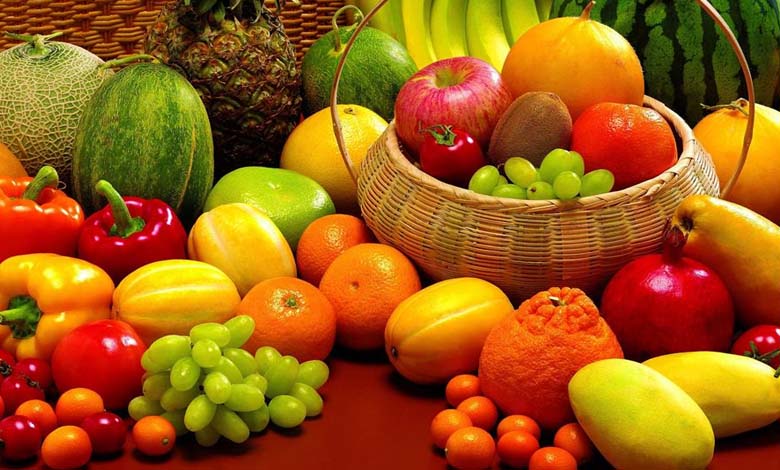How seasonal fruits and vegetables strengthen your immunity

Immune health has become a central concern in today’s world, especially with lifestyle changes, stress, and constant exposure to environmental aggressors such as pollution, viruses, and bacteria. Among the most effective natural strategies to support and boost our immune system, the consumption of seasonal fruits and vegetables plays a crucial role. Packed with vitamins, minerals, fiber, and antioxidants, these foods not only promote overall well-being but also act as powerful allies in strengthening the body’s defenses.
-
Lemon tops the list of the healthiest fruits: a nutritional treasure with multiple benefits
-
5 Summer Fruits That Naturally Lower Uric Acid Levels
- Why choose seasonal produce?
Eating fruits and vegetables that follow the rhythm of the seasons offers several benefits:
- Optimal nutritional value: harvested at full ripeness, they contain higher levels of vitamins and antioxidants.
- Better bioavailability: nutrients are more easily absorbed by the body.
- Eco-friendly: they require fewer resources and less energy to produce.
- Superior taste and freshness, which encourages regular consumption.
-
5 Common Mistakes to Avoid When Eating Dried Fruits
-
7 Fruits to Help You Get Rid of Insomnia… Try Kiwi
- Key nutrients for immunity
- Vitamin C: found in citrus fruits (oranges, clementines, lemons), kiwis, and strawberries, it stimulates the production of white blood cells — the body’s immune fighters.
- Vitamin A: present in carrots, sweet potatoes, and spinach, it protects the respiratory and intestinal mucosa, acting as a first defense barrier.
- Vitamin E: found in spinach, broccoli, and almonds, it acts as a powerful antioxidant.
- Zinc and iron: found in legumes, lentils, spinach, and dried fruits, they are vital for immune cell production and activation.
- Fiber: supports a healthy gut microbiome, which plays a major role in regulating immunity.
-
5 Types of Fruits to Detoxify Your Body in Summer
-
5 servings of fruits and vegetables every day to be healthy
- Examples of seasonal produce and their benefits
- Winter: citrus fruits, cabbages, carrots, leeks → high in vitamin C and beta-carotene.
- Spring: strawberries, asparagus, spinach → rich in antioxidants and revitalizing minerals.
- Summer: tomatoes, watermelons, cucumbers, peaches → hydrating and protective, thanks to lycopene.
- Autumn: apples, grapes, squash → rich in polyphenols and fibers that strengthen the body.
- Gut microbiome connection
The immune system is deeply connected to the health of the gut microbiome. Fibers from green vegetables, legumes, and fruits feed the beneficial bacteria in the gut. A balanced microbiome enhances immune responses and reduces chronic inflammation risks.
-
Health: here are the advantages of these fruits on our body!
-
Winter fruits and vegetables: our tips to boost their benefits
- Practical tips to maximize benefits
- Eat a variety of colors: each color represents specific antioxidants (red = lycopene, orange = beta-carotene, green = chlorophyll).
- Consume raw or lightly steamed to preserve vitamins.
- Opt for local and organic produce to limit pesticide exposure.
- Combine fruits and vegetables with healthy fats (olive oil, avocado, nuts) to improve absorption of fat-soluble vitamins (A, D, E, K).
Seasonal fruits and vegetables are much more than just a culinary delight — they are a natural, powerful weapon to boost the immune system. By integrating a wide variety of seasonal produce into your diet, you provide your body with optimal protection against infections and promote long-term health.












